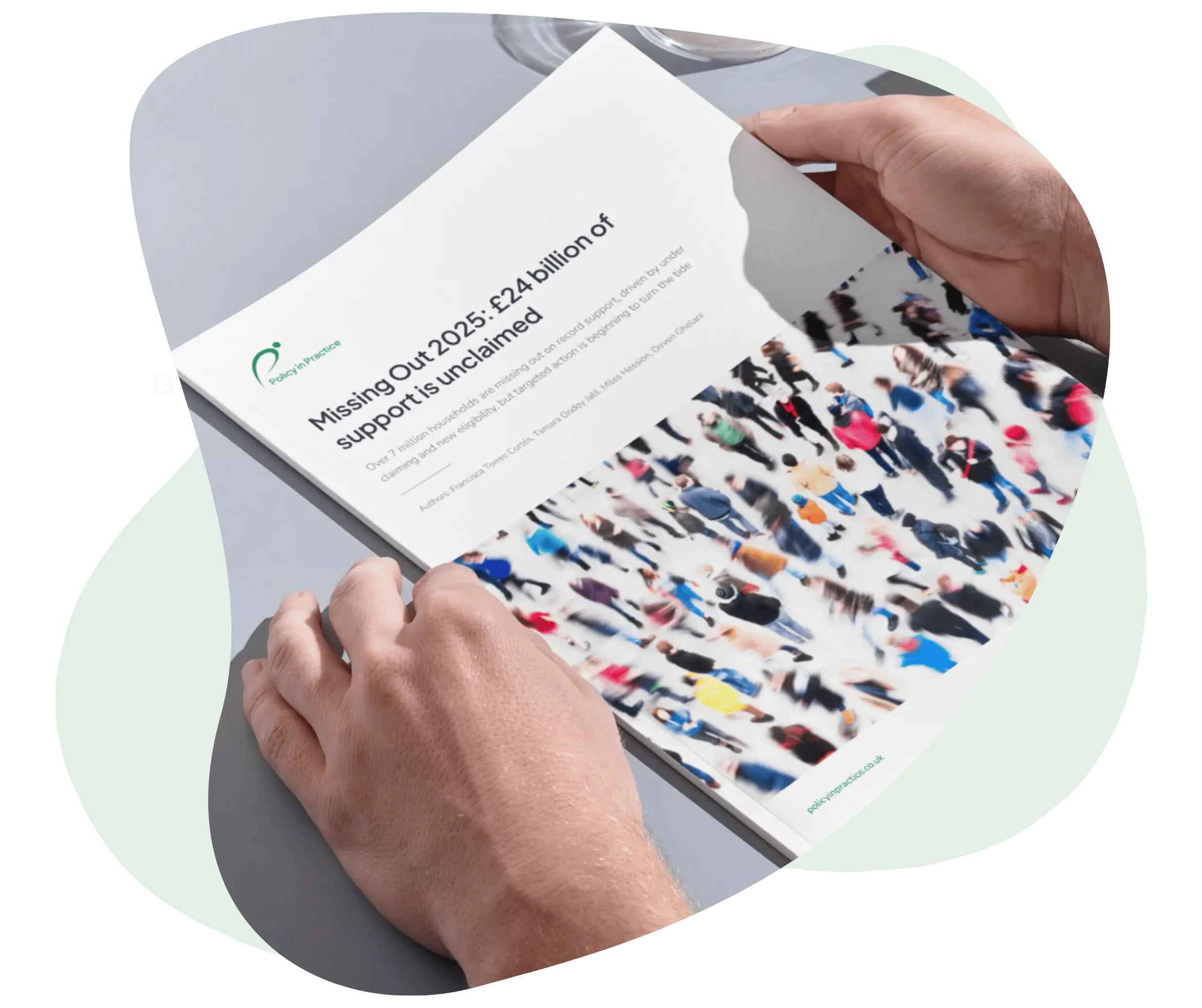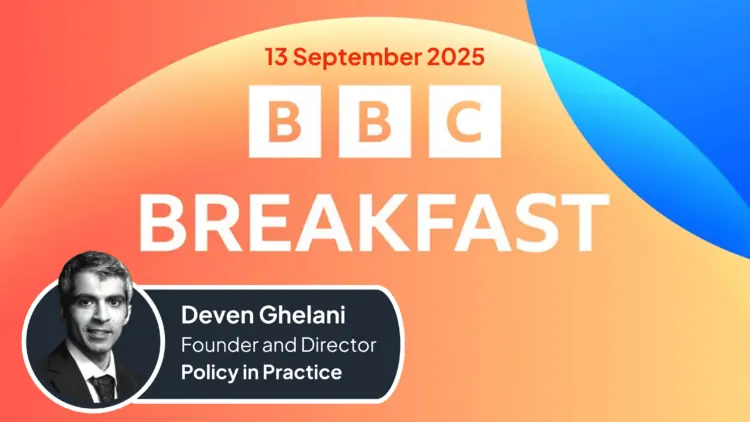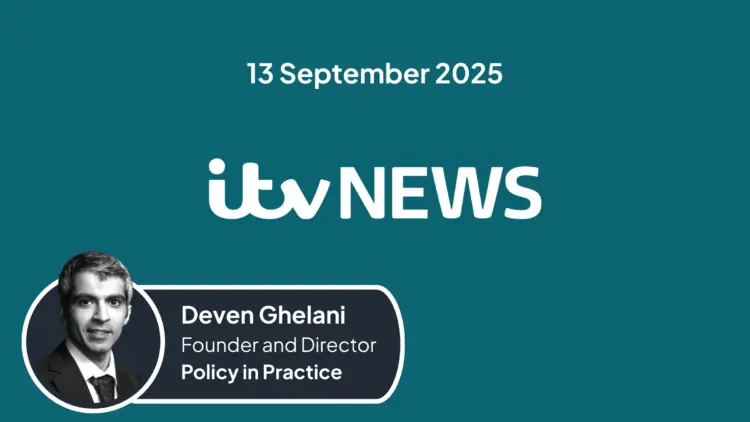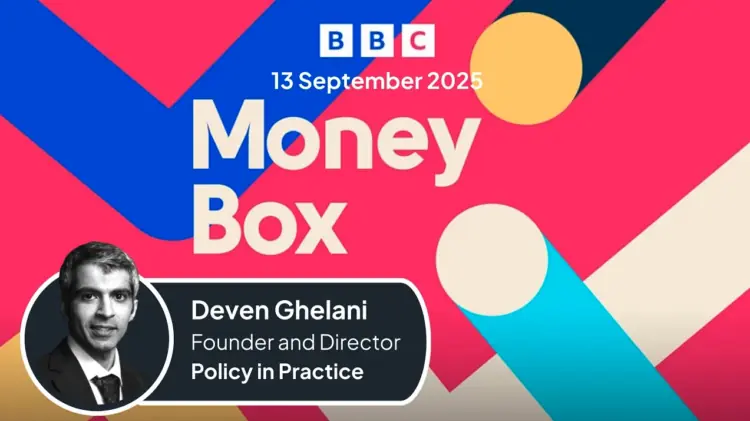Report
Missing Out 2025

“The scale of unclaimed support in Britain is still staggering. Over £24 billion is left on the table at a time when many are struggling to stay afloat. But this isn’t a failure of the public. It’s a failure of a social security system that is still too complex, too fragmented and too passive. “The good news is that we now have the tools to fix this. In the past year alone, our work with local authorities, housing providers, and utility companies has helped put millions of pounds into people’s pockets. This shows what’s possible and what’s urgently needed. “Every £1 claimed is a step toward better health, improved education, stronger families and reduced pressure on public services. It’s time for bold, coordinated action to close the £24 billion gap.”
Executive summary: Missing Out 2025 reveals £24.1 billion is unclaimed
In 2025/26 an estimated £24.1 billion in income related benefits and social tariffs will go unclaimed across Great Britain. Accessing this support would help raise living standards, prevent crises and reduce pressure on public services, but it is not reaching the people who need it.
This figure reflects both welfare policy changes and improvements in how estimates are calculated. While the amount appears higher than the £22.7 billion published in 2024, differences in data and improvements to our methodology mean the two totals are not directly comparable.
The highest unclaimed amounts are found in Universal Credit, Council Tax Support and Carer’s Allowance, showing where action could make the biggest financial difference. At the same time, the largest numbers of missed claims are linked to broadband social tariffs, water discounts and Council Tax Support, highlighting the need to improve visibility and access to support for everyday essentials.
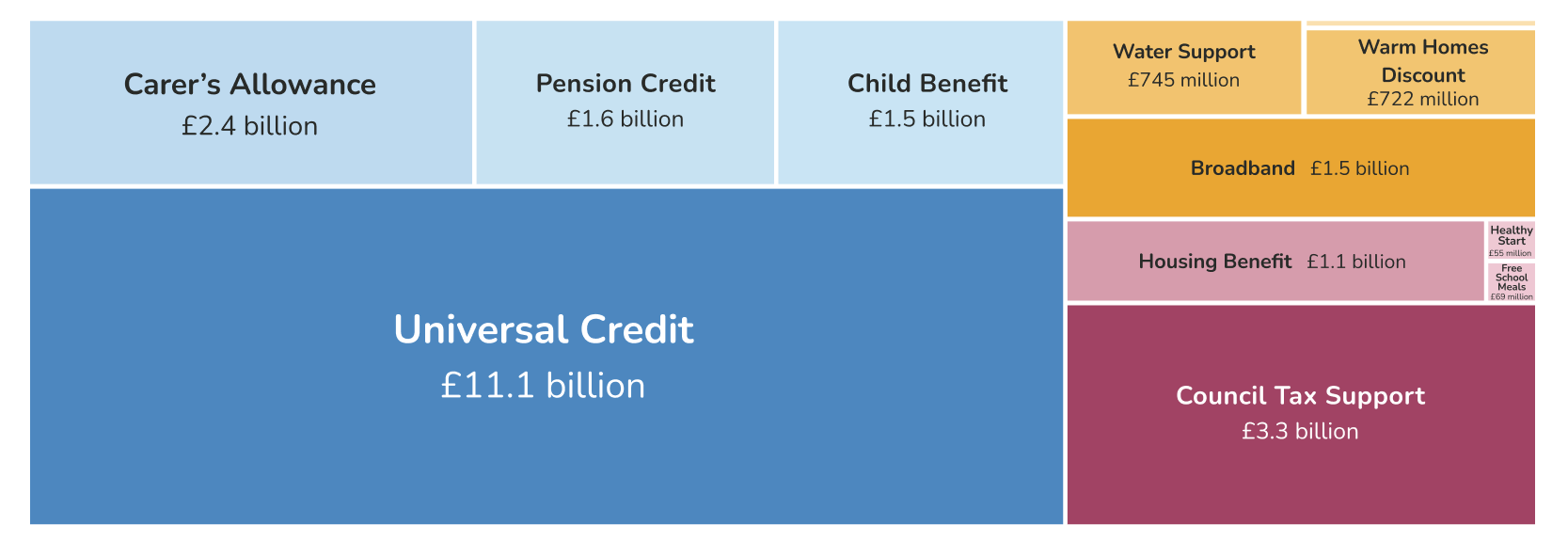
What’s changed since last year?
To understand how things have shifted since the last report, we focused on the benefits where the data and methods are consistent across both years. We excluded Council Tax Support, Free School Meals and water support, where new modelling approaches meant the numbers could not be directly compared.
Across the remaining benefits, we found that unclaimed support increased by £2.7 billion, rising from £17.3 billion to £20 billion, a 15.6% increase. Most of that growth came from the expansion of Universal Credit (UC) as managed migration enters its final stages and the widening of eligibility for the Warm Home Discount. The number of missed UC claims rose by 16.4% while the estimated value increased by 23.4%, or £2.1 billion. For the Warm Home Discount, missed support nearly tripled (a 276% increase) after changes to eligibility rules in England and Wales.
Alongside these policy changes, we also strengthened how we build our estimates. We used more local level data, refined how we identify eligibility and updated assumptions to better reflect how support works in practice. We drew on newly published sources, including Freedom of Information responses, and used more accurate administrative definitions where possible. Some data gaps remain, but these mostly reflect how information is collected and shared, rather than a lack of transparency. Since the last report, we have also engaged closely with councils, government departments and advocacy groups, whose feedback helped us improve this year’s analysis to provide clearer, more reliable figures.
Why is so much support going unclaimed?
Awareness
Awareness remains one of the biggest gaps. Many people simply don’t know they’re eligible, especially if they are working, have some savings, or their circumstances have recently changed. Eligibility rules can be complex, vary across schemes and change over time. Without trusted sources of information, it’s easy to assume you don’t qualify.

Complexity
Complexity is another major barrier. Navigating the benefits system can be overwhelming, particularly for people with low digital skills, limited time, health issues or language barriers. Long forms, unclear guidance and inconsistent experiences across the organisations administering benefits make it hard to know where to start and easy to give up.

Stigma
Stigma also plays a powerful role. Social attitudes and media coverage often frame benefit recipients as undeserving, deterring people from seeking help. Many lack trust in the system and worry about being judged, singled out or burdened with intrusive checks or sanctions. For some, past negative experiences with the system or hearing about bad experiences from others reinforce a reluctance to re-engage.

"Claiming pension credit enabled my husband and me to have a second honeymoon to Ramsgate, our first holiday in ten years."
What can be done?
Tackling the £24.1 billion gap in unclaimed support is possible but requires making the system more accessible, joined up and easier to navigate. Many people are not claiming support simply because the process is unclear, complex or not designed around their needs.
There are proven ways to change this. Aligning policies across central and local government, simplifying application journeys and using data more effectively can help ensure people receive the right support at the right time. Local authorities and service providers can take a proactive role, using tools and insight to identify who is likely to be missing out and offering coordinated support that reduces delays and duplication.
It is also important to build trust and confidence in the system. The way we talk about benefits matters. Using clear, respectful communication, offering simple prompts at the right moments and ensuring people know what to expect can make a big difference. Targeted campaigns like letters to Pension Credit-eligible households or outreach to new parents are effective, especially when delivered in partnership with trusted local organisations.
These improvements benefit everyone. They help more people access the support they are eligible for, while also enabling earlier intervention, reducing avoidable costs and making the welfare system more efficient, responsive and fair.
“I didn’t know there was something like that until I received a letter from my council. I’ve two kids and have never applied for this.”
You too can make a difference
Since last year local authorities using the LIFT platform have helped 62,000 households to become better off by more than £77 million a year. Proactively contacting residents who are missing out on support can mean the difference between just getting by and financial security for many households. People will continue to get support each year, making the lifetime impact of LIFT over £500 million.
Our partners in the housing, utilities, finance and charity sectors, as well as local government, have helped over 230,000 people identify £1.4 billion in unclaimed support annually using the Better Off Calculator. Every day, thousands of people use it through GOV.UK and our network of partners to find out what help they could access, with those eligible identifying almost £6,000 a year. Increasingly, many people can now apply for support directly through our Apply Once tool, removing friction and speeding up access to vital support.
Meanwhile, we continue to call on the government to provide greater transparency over data identifying both claimed and unclaimed support across the full range of benefits available to working age and pension age households.
Please note, by downloading research from Policy in Practice, you are accepting our Terms of Use.
“It’s been amazing. Allowing me to ensure my 3 year old gets the fruits and vegetables as part of her 5 a day.”
Download Missing Out 2025
